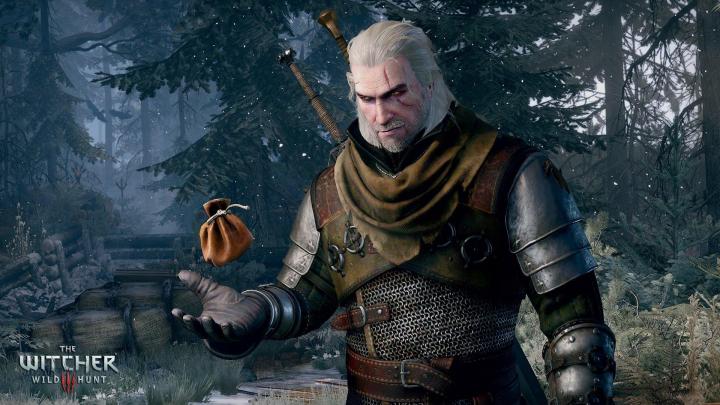
As anyone who’s been following the recent controversy surrounding Star Wars: Battle Front II knows, microtransactions and DLC have become dirty words among gamers. EA’s decision to create a “pay-to-win” system for its latest Star Wars shooter sparked such a backlash that EA temporarily suspended all microtransactions.
Though a relatively small studio, CD Projekt Red has earned a lot of goodwill in the gaming community for its Witcher series. In addition to being well-made games, the studio’s policy of providing a steady stream of free DLC, combined with fairly priced expansion packs for the Witcher III, has made it one of the more consumer-friendly companies in the industry.
That’s why so many people were concerned about the possibility of the company embracing a “games as service” model that many believe is nothing more than price-gouging. On Sunday, the CD Projekt Red team took to Twitter to make it clear that Cyberpunk 2077would feature, among other things, “no bullshit.”
.@PrettyBadTweets Worry not. When thinking CP2077, think nothing less than TW3 — huge single player, open world, story-driven RPG. No hidden catch, you get what you pay for — no bullshit, just honest gaming like with Wild Hunt. We leave greed to others.
— CD PROJEKT RED (@CDPROJEKTRED) November 19, 2017
The company’s commitment to a single-player game comes as a relief since many companies, such as EA, have basically declared single-player games dead. However, CD Projekt Red took things a step further by declaring that there would be no hidden catches and that gamers would “get what you pay for.” In a world where AAA games often release with multiple editions, season passes, and microtransactions, it is refreshing to a see a company committed to bucking that trend.
While the tweet did not mention EA, you may wonder if the “we leave greed to others” crack was a direct shot at the disaster surrounding Battlefront II‘s microtransactions.


